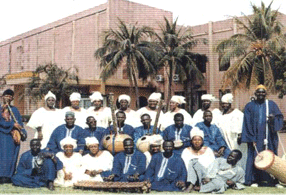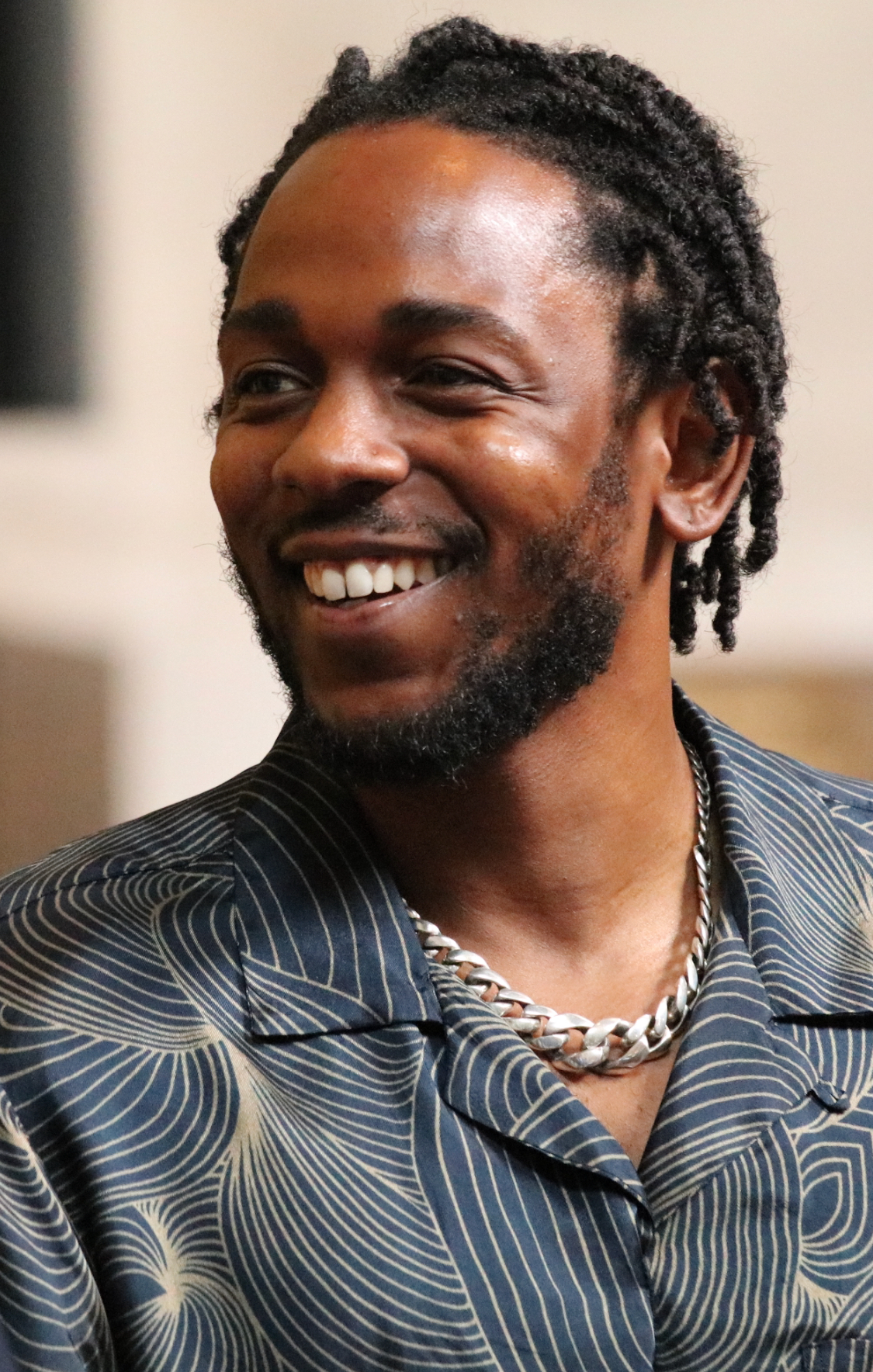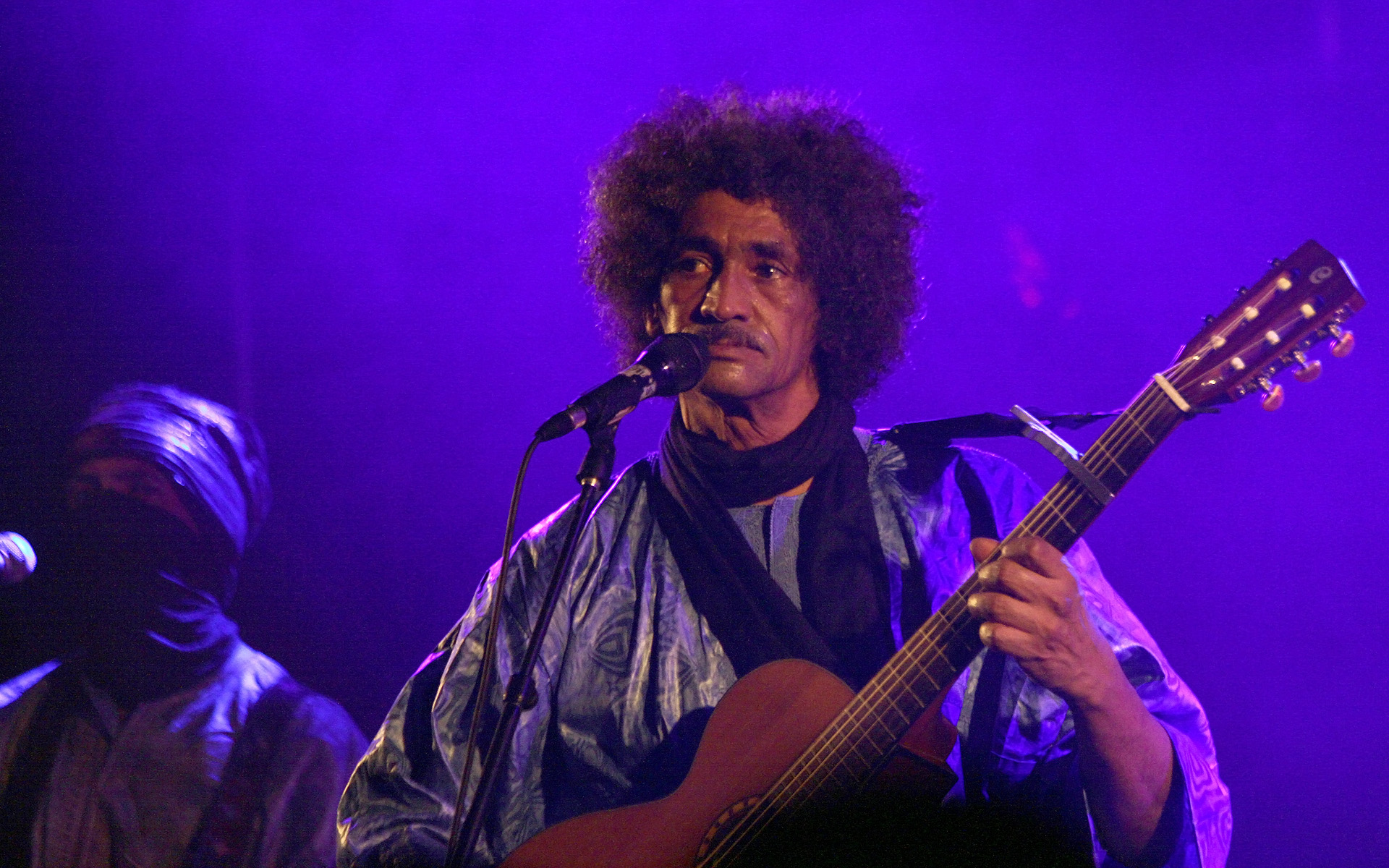|
Music Of Mali
The music of Mali is, like that of most West African nations, ethnically diverse, but one influence predominates: that of the ancient Mali Empire of the Mandinka people, Mandinka (from c. 1230 to c. 1600). Mandé peoples, Mande people (Bambara, Mandinka, Soninke) make up around 50% of Mali's population; other ethnic groups include the Fula people, Fula (17%), Gur languages, Gur-speakers 12%, Songhai people (6%), Tuareg and Moors (10%). Salif Keita, a noble-born Malian who became a singer, brought Mande-based Afro pop music, Afro-pop to the world, adopting traditional garb and styles. The kora (instrument), kora players Sidiki Diabaté and Toumani Diabaté have also achieved some international prominence, as have the late Songhai/Fula guitarist Ali Farka Touré and his successors Afel Bocoum and Vieux Farka Touré, the Tuareg people, Tuareg band Tinariwen, the duo Amadou et Mariam and Oumou Sangare. Mory Kanté saw major mainstream success with techno music, techno-influenced Mand ... [...More Info...] [...Related Items...] OR: [Wikipedia] [Google] [Baidu] |
Toumani Diabaté
Toumani Diabaté ( ; 10 August 1965 – 19 July 2024) was a Malian kora player. In addition to performing the traditional music of Mali, he was involved in cross-cultural collaborations with flamenco, blues, jazz, and other international styles of music. In 2006, a panel commissioned by ''The Independent'' named him one of the fifty best African artists across media. In its obituary, ''The Times'' described him as "a bold and innovative musical visionary". Biography Diabaté was born on 10 August 1965 in Bamako, the capital of Mali, five years after the country had gained its independence from France. He came from a long family tradition of players of the kora, a 21-string west African harp-like instrument. His father, Sidiki Diabaté, recorded the first-ever kora album, in 1970. His mother, Nene Koita, was a singer. His family's oral tradition tells of 70 generations of musicians preceding him in a patrilineal line. His cousin Sona Jobarteh was the first female professional ... [...More Info...] [...Related Items...] OR: [Wikipedia] [Google] [Baidu] |
Le Mali
"" () is the national anthem of Mali. Adopted in 1962, it was written by Seydou Badian Kouyaté, while the music is attributed to Banzumana Sissoko. It is popularly known as "" () or "" (). History The anthem was written by Seydou Badian Kouyaté around the time of the dissolution of the Mali Federation with Senegal in 1960, which left Mali without a flag or anthem. In a 2010 interview, Kouyaté stated that President Modibo Keïta had been passing through his locality when he approached Kouyaté and asked him to create a song to help the youth remember Malian pre-independence politician Mamadou Konaté. Kouyaté created a song called "". Keïta then called Kouyaté and told him to try creating something for the national anthem. Kouyaté made a draft for a national anthem and sang it with Keïta, who was pleased with it. Kouyaté stated that Keïta had previously received a proposal for a national anthem by a European pianist residing in the Malian capital, Bamako, but he rejec ... [...More Info...] [...Related Items...] OR: [Wikipedia] [Google] [Baidu] |
Kandia Kouyaté
Kandia Kouyaté (also known as Kandja Kouyaté, born in 1959 in Kita, Mali) is a Malian ''jelimuso'' (a female griot) and kora player; she has earned the prestigious title of ''ngara'', and is sometimes called ''La dangereuse'' and ''La Grande vedette malienne''. Kouyaté's dense, emotional, hypnotic manner of singing and her lyrical talents have earned huge acclaim in Mali, though she remained relatively little known outside Africa, due to extremely limited availability of her recordings. Her home town of Kita is known for love songs, which form a large part of Kouyaté's repertoire. She also sings praise songs. Background Kouyaté's father, a balafon (West African xylophone) player himself, did not want her to go into music and wanted her to rely on a solid education instead of the unpredictability of a musical career. Secretly, she learned from her mother and other family members how to sing and began performing occasionally at private gatherings. As a young girl, she be ... [...More Info...] [...Related Items...] OR: [Wikipedia] [Google] [Baidu] |
Grammy Awards
The Grammy Awards, stylized as GRAMMY, and often referred to as The Grammys, are awards presented by The Recording Academy of the United States to recognize outstanding achievements in music. They are regarded by many as the most prestigious and significant awards in the music industry in the United States, and thus the show is frequently called "music's biggest night". The trophy depicts a gilded gramophone, and the original idea was to call them the "Gramophone Awards". The Grammys are the first of the Big Three networks' major music awards held annually, and are considered one of the four major annual American entertainment awards with the Academy Awards (for films), the Emmy Awards (for television), and the Tony Awards (for theater). The first Grammy Awards ceremony was held on May 4, 1959, to honor the musical accomplishments of performers for the year 1958. After the 2011 ceremony, the Recording Academy overhauled many Grammy Award categories for 2012. The 67th Annua ... [...More Info...] [...Related Items...] OR: [Wikipedia] [Google] [Baidu] |
Fatoumata Diawara
Fatoumata Diawara (, born 21 February 1982) is a Malian singer-songwriter currently living in France. Diawara began her career as an actress in theatre and in film, including ''Genesis'' (1999), '' Sia, The Dream of the Python'' (2001) and ''Timbuktu'' (2014). She later launched a career in music, collaborating with numerous artists and releasing three studio albums beginning with 2011 debut ''Fatou''. Diawara's music combines traditional Wassoulou with international styles. Early life Diawara was born in 1982 in the Ivory Coast to Malian parents. As an adolescent, she was sent back to their native Bamako in Mali to be raised by an aunt. When she was eighteen, Diawara moved to France to pursue acting. She briefly returned to Mali for a film role, but fled back to Paris to avoid being coerced into marriage by her family. Film and theatre After moving to France, Diawara appeared in Cheick Oumar Sissoko's 1999 feature film ''Genesis'', Dani Kouyaté's popular 2001 film '' S ... [...More Info...] [...Related Items...] OR: [Wikipedia] [Google] [Baidu] |
Techno Music
Techno is a genre of electronic dance music (EDM) which is generally produced for use in a continuous DJ set, with tempos being in the range from 120 to 150 beats per minute (bpm). The central rhythm is typically in common time ( ) and often characterized by a repetitive four on the floor beat. Artists may use electronic instruments such as drum machines, sequencers, and synthesizers, as well as digital audio workstations. Drum machines from the 1980s such as Roland's Roland TR-808 and Roland TR-909 are highly prized, and software emulations of such retro instruments are popular in this style. Much of the instrumentation in techno is used to emphasize the role of rhythm over other musical aspects. Vocals and melodies are uncommon. The use of sound synthesis in developing distinctive timbres tends to feature more prominently. Typical harmonic practices found in other forms of music are often ignored in favor of repetitive sequences of notes. More generally the creation ... [...More Info...] [...Related Items...] OR: [Wikipedia] [Google] [Baidu] |
Mory Kanté
Mory Kanté (29 March 195022 May 2020) was a Guinean vocalist and player of the kora harp. He was best known internationally for his 1987 hit song " Yé ké yé ké", which reached number-one in Belgium, Finland, the Netherlands, and Spain. The album it came from, ''Akwaba Beach'', was the best-selling African record of its time. Early life Kanté was born in Albadaria, French Guinea (a part of French West Africa at the time) on 29 March 1950. His father was El Hadj Djeli Fodé Kanté and his mother, Fatouma Kamissoko, was a singer. They were one of Guinea's best known families of griot (hereditary) musicians. He was of mixed Malian and Guinean descent. After being brought up in the Mandinka griot tradition in Guinea, he was sent to Mali at the age of seven years – where he learned to play the kora, as well as important voice traditions, some of which are necessary to become a griot. As a Muslim, he integrated aspects of Islamic music in his work. Career In 1971 Kan ... [...More Info...] [...Related Items...] OR: [Wikipedia] [Google] [Baidu] |
Amadou Et Mariam
Amadou & Mariam were a blind musical duo from Mali, composed of Bamako-born Amadou Bagayoko (guitar and vocals) (24 October 1954 – 4 April 2025) and Mariam Doumbia (vocals) (born 15 April 1958). As well as being a musical duo, they were a married couple. Amadou lost his sight at the age of 15; Mariam became blind at the age of 5 as a consequence of untreated measles. Known as "the blind couple from Mali", they met at Mali's Institute for the Young Blind, where they both performed in the institute's Eclipse Orchestra, directed by Idrissa Soumaouro, and found they shared an interest in music. They became known in the early 2000s, particularly to the French public, for the song "Dimanche à Bamako". Their album '' Welcome To Mali'' (2008) was nominated for the Grammy Award for Best Contemporary World Music Album in 2010. They performed together until Bagayoko died in 2025. Their music was described as "a thrilling mix of blues and rock with traditional African rhythms" and the ... [...More Info...] [...Related Items...] OR: [Wikipedia] [Google] [Baidu] |
Tinariwen
Tinariwen (Tamasheq language, Tamasheq: ; with vowels ; plural of ténéré meaning "desert") is a collective of Tuareg people, Tuareg musicians from the Sahara region of southern Algeria and of northern Mali, in the region of Azawad. Considered pioneers of desert blues, the group's guitar-driven style combines traditional Tuareg and African music with Western rock music. The collective first convened in the late 1970s and released their first studio album in the early 1990s. They began touring internationally in the early 2000s. The group was founded by Ibrahim Ag Alhabib; he and bandmates Alhassane Ag Touhami and Abdallah Ag Alhousseyni have all been present since 1979. Tinariwen first started to gain a following outside the Sahara region in 2001 with the release of the album ''The Radio Tisdas Sessions.'' Their most recent album ''Amatssou'' was released in 2023. The group has been nominated for Grammy Awards three times, and their 2012 album ''Tassili (album), Tassili'' won t ... [...More Info...] [...Related Items...] OR: [Wikipedia] [Google] [Baidu] |
Tuareg People
The Tuareg people (; also spelled Twareg or Touareg; Endonym and exonym, endonym, depending on Tuareg languages#Subclassification, variety: ''Imuhaɣ'', ''Imušaɣ'', ''Imašeɣăn'' or ''Imajeɣăn'') are a large Berbers, Berber ethnic group, traditionally nomadic pastoralism, pastoralists, who principally inhabit the Sahara in a vast area stretching from far southwestern Libya to southern Algeria, Niger, Mali, Burkina Faso, and as far as northern Nigeria, with small communities in Chad and Sudan known as the ''Kinnin''. The Tuareg speak Tuareg languages, languages of the same name, also known as ''Tamasheq'', which belong to the Berber languages, Berber branch of the Afroasiatic family. They are a semi-nomadic people who mostly practice Islam, and are descended from the indigenous Berber communities of Northern Africa, whose ancestry has been described as a mosaic of local North Africa, Northern African (Taforalt), Middle Eastern, Genetic history of Europe, European (Early Eu ... [...More Info...] [...Related Items...] OR: [Wikipedia] [Google] [Baidu] |




